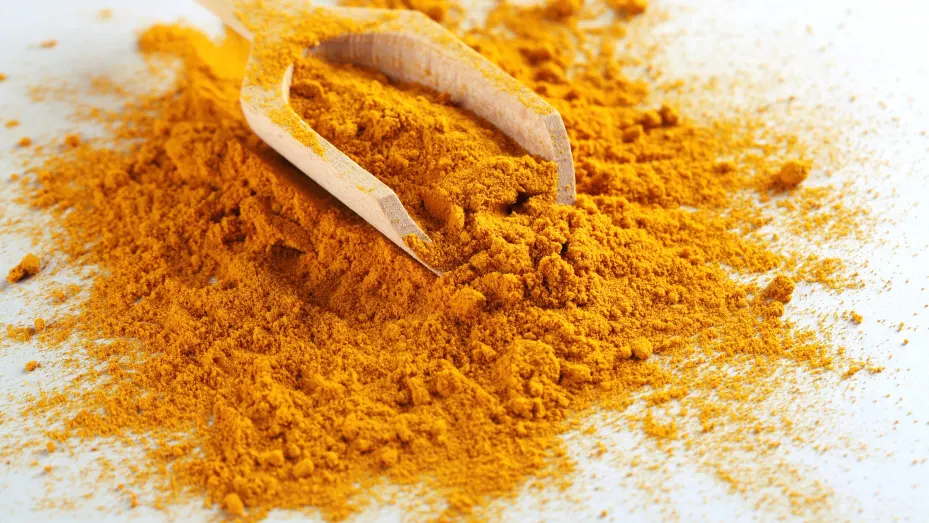Website content extracted from: A doctor shares the 5 superfoods she always adds to her diet to boost her immune system (cnbc.com)
There are a number of ways your lifestyle can enhance your immune system, but one of the most important is eating the right foods.
So how do we choose?
It seems like every few weeks there is a new immune-boosting superfood on the scene. But as an immunologist and functional medicine doctor, I’m here to tell you that any nutrient-dense food that’s rich in vitamins and minerals is an immune superfood.
However, some foods seem to stand out from the rest for their beneficial properties. Here are five magical superfoods that I always try to add to my diet for a strong and healthy immune system:
1. Mushrooms

Mushrooms have been a staple in traditional Chinese medicine for thousands of years. And now we have modern science to explain the effects of these amazing fungi, which, depending on the species, can boost, redirect or modulate our immune activity.
The one I like best is maitake, also called “hen-of-the-woods” or “chicken-of-the-woods.” Not only do they make delicious tacos, but they can increase Th1 cytokines, which help stimulate cellular immune response when fighting bacterial infections.

I’m a fan of shiitake mushrooms, too. Studies show a pattern of immune-boosting benefits, such as an increase in NK and Cytotoxic T cells — both advantageous in conquering viruses and cancer cells.
Lastly, there’s the reishi mushroom, which has been shown in several studies to increase the Th1 cytokine response and help make chemotherapeutic drugs more effective. In addition, extracts of reishi promote the immune response against certain strains of herpes virus.
Reishi mushrooms have a hard outer shell that makes them inedible, so capsules are the most convenient form.
2. Ginger
Ginger has several strong anti-inflammatory and antioxidant properties. The spicy, aromatic root contains compounds called gingerols, which show promise in preventing cardiovascular disease by reducing oxidative stress in blood vessels, as well as inflammation in the heart area.

Studies reveal that ginger extract may help prevent alcohol-induced liver disease and can also block the kidney damage created by chemotherapy drugs.
I often recommend ginger to patients who have nausea, bloating and other GI complaints from imbalances in their microbiome. You can incorporate fresh ginger in savory dishes, smoothies and ginger tea, or grab a ginger shot bottle (found at many juice bars and cafes) to drink plain or dilute in water.
3. Broccoli sprouts
Recently, a great deal of attention has been focused on broccoli sprouts, a potent source of one of the most immune-supportive biochemicals: sulforaphane.
On its own, sulforaphane has been shown to increase the levels of several antioxidant compounds by inducing a compound in our cells called NRF-2. This is sometimes called the “master regulator” of antioxidants, which means it helps increase the production of other antioxidants.
NRF-2 can play a role in lowering inflammation seen in many diseases like cancer, chronic obstructive pulmonary disease and liver disease.

Most cruciferous vegetables, such as cauliflower and broccoli, contain large amounts of glucoraphanin, which converts to sulforaphane during digestion. However, young broccoli sprouts contain between 10 and 100 times more sulforaphane than mature broccoli!
The best way to eat broccoli sprouts is raw — for instance, in salads — because sulforaphane is easily broken down by cooking. I always aim to eat two ounces of broccoli sprouts a week.
4. Garlic
Not only does garlic make everything taste more delicious, but this pungent vegetable has multiple compounds that regulate the immune system.
Studies on garlic find that it is immune-stimulating — increasing the activity of NK cells, a type of immune cell that has granules with enzymes that can kill tumor cells or cells infected with a virus.
At the same time, garlic is anti-inflammatory and can be cardioprotective by lowering cholesterol and blood pressure.
It’s also fabulous for fortifying our gut, for several reasons:
- It can increase levels of beneficial bacteria like Lactobacillus, a natural inhabitant of the GI tract and an excellent probiotic.
- It’s known to be antibacterial, antiviral and antifungal.
- It can fix bacterial imbalances in the gut that may be driving inflammation.
You can incorporate garlic into almost any recipe — so use it whenever you can — and you can also find it in supplement form if you’re not a fan of the taste.
5. Turmeric
If I had to pick one culinary compound out of nature’s apothecary for it’s immune-supportive effects, I’d go with turmeric root.

The bright yellow-orange root contains a magical compound called curcumin, which has many key benefits:
- It can buffer high cortisol levels.
- It can suppress some of the immune changes at the root of autoimmune diseases, while generally helpful in reducing chronic inflammation throughout the body.
- It encourages the growth of beneficial strains of bacteria in the gut and lowers other disease-causing bacterial strains.
- It’s effective for minimizing joint swelling in rheumatoid arthritis.
Turmeric is a great spice to use in cooking, although it does impart a bright yellow hue to your skin tongue and teeth. And, because it’s not well-absorbed in the GI tract, you’d need to eat gobs of it to achieve immune-modulation effects.
Given that, curcumin supplements are the best way to get this beneficial compound. Dosages vary based on need. For general health, I recommend about 1,000 milligram a day in divided dosages.
Dr. Heather Moday is a board-certified allergist, immunologist and functional medicine physician. She is also the author of ”The Immunotype Breakthrough: Your Personalized Plan to Balance Your Immune System, Optimize Health, and Build Lifelong Resilience.” Follow her on Instagram @theimmunityMD and Facebook.

No comments:
Post a Comment
Note: Only a member of this blog may post a comment.